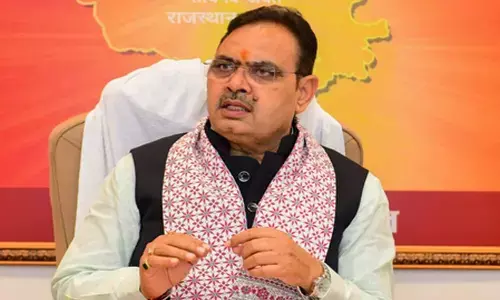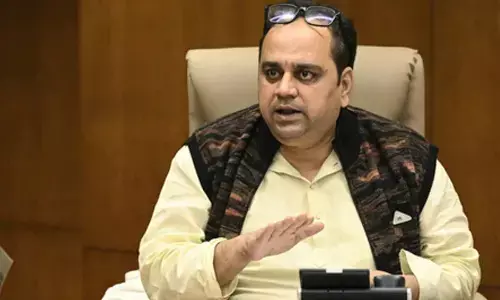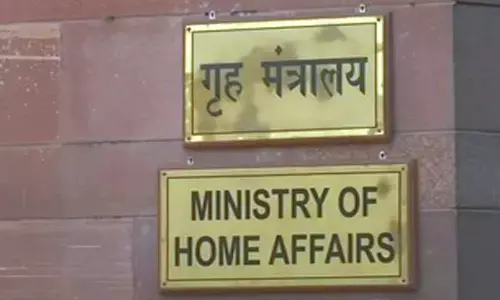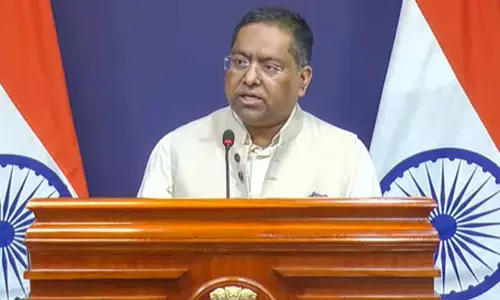Payment Bank

Payment Bank. The Reserve Bank of India (RBI) on Wednesday granted in-principle nod to 11 payment banks applicants. The RBI had received 41 applications for payments banks.
The Reserve Bank of India (RBI) on Wednesday granted in-principle nod to 11 payment banks applicants. The RBI had received 41 applications for payments banks. These 11 companies are: 1. Reliance Industries Ltd, 2. Aditya Birla Nuvo Ltd, 3. Airtel M Commerce Services Ltd, 4. Vodafone m-pesa Ltd, 5. Tech Mahindra Ltd, 6. Dilip Shanghvi, 7. Fino PayTech limited, 8.National securities depository limited, 9. Vijay Shankar Sharma,10. Department of Posts, and 11. Cholamandalam Distribution Services Ltd.
.jpg)
A payment banks differs from conventional banks as it cannot lend to its customers. It is allowed to take deposits, allow remittances and provide simple financial products. The idea behind a payments bank is to further financial inclusion by providing small savings accounts. These banks will mainly be used by payments and remittances to migrant labour workforce, low income households, small businesses and other unorganised sector entities, RBI said.
The payment bank will need to invest 75 percent of its funds in government securities. The minimum capital needed to set up a payments bank is set at Rs 100 crore. The bank will be allowed to accept savings deposits of up to Rs 1 lakh from each customer. The objectives of setting up of payments banks will be to further financial inclusion by providing (i) small savings accounts and (ii) payments/remittance services to migrant labour workforce, low income households, small businesses, other unorganised sector entities and other users.
Their scope of activities include: Acceptance of demand deposits with a maximum balance of Rs 1,00,000 per individual customer; Issuance of ATM/debit cards. Payments banks, however, cannot issue credit cards; Payments and remittance services through various channels; Acting as banking correspondent of another bank; Distribution of non-risk sharing simple financial products like mutual fund units and insurance products, etc. The payments bank cannot undertake lending activities.
The minimum paid-up equity capital for payments banks shall be Rs 100 crore. The payments bank should have a leverage ratio of not less than 3 per cent, i.e., its outside liabilities should not exceed 33.33 times its net worth (paid-up capital and reserves). Payments banks also allow mobile firms, supermarket chains and others to cater to small scale businesses. These banks are mainly based in rural parts of India, specifically areas which are unbanked.
Woman injured in stabbing attack in Tokyo, suspect at large
Bengal cop booked for murder over mysterious death of woman home guard, SIT to probe case
Staffer recalls horror of 7-kg gold robbery by armed gang in Karnataka’s Hunsur
25-Year-Old Airline Cabin Crew Member Dies At Gurugram Party; Police Begin Investigation















